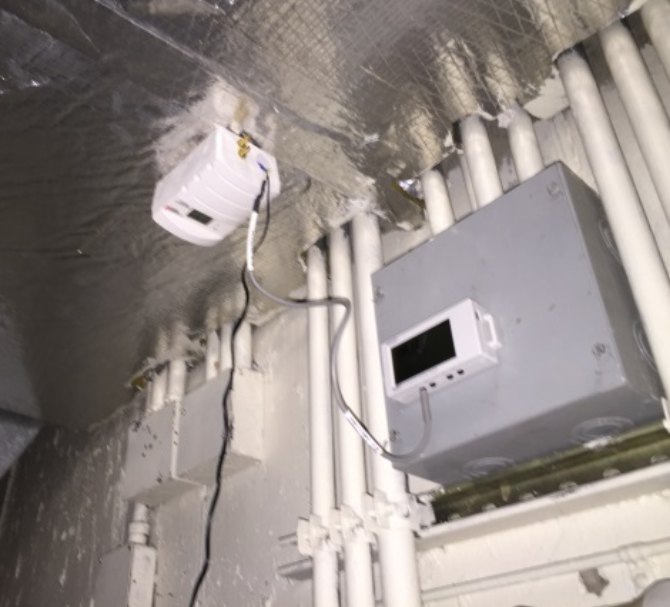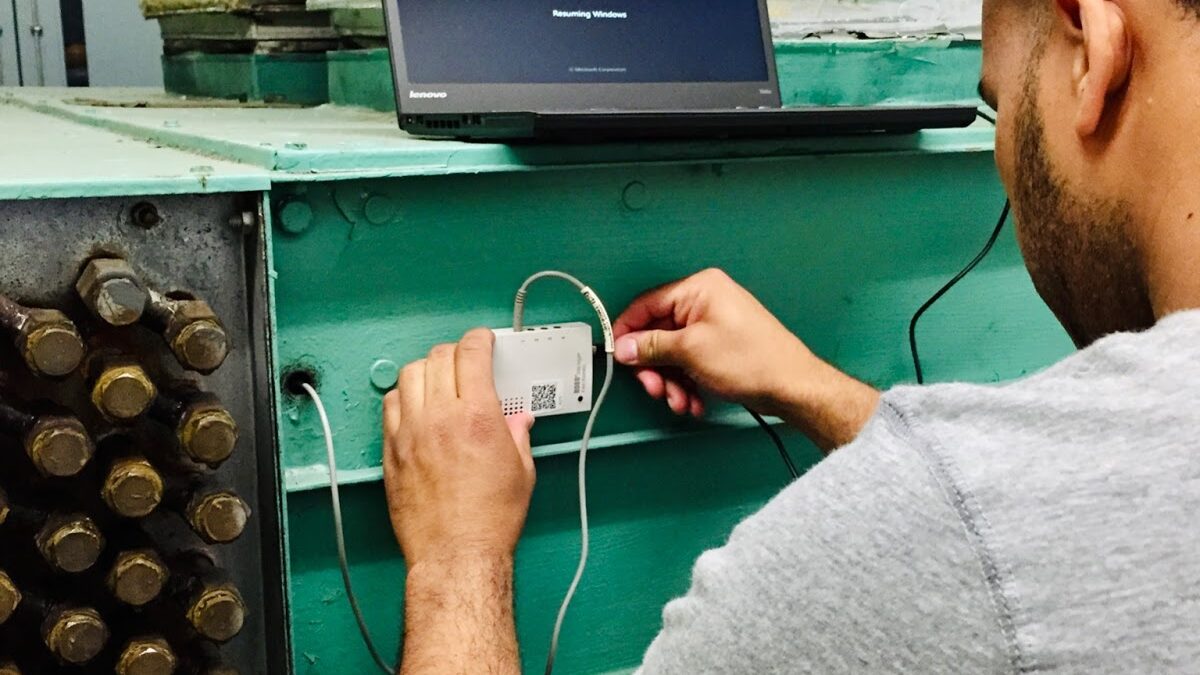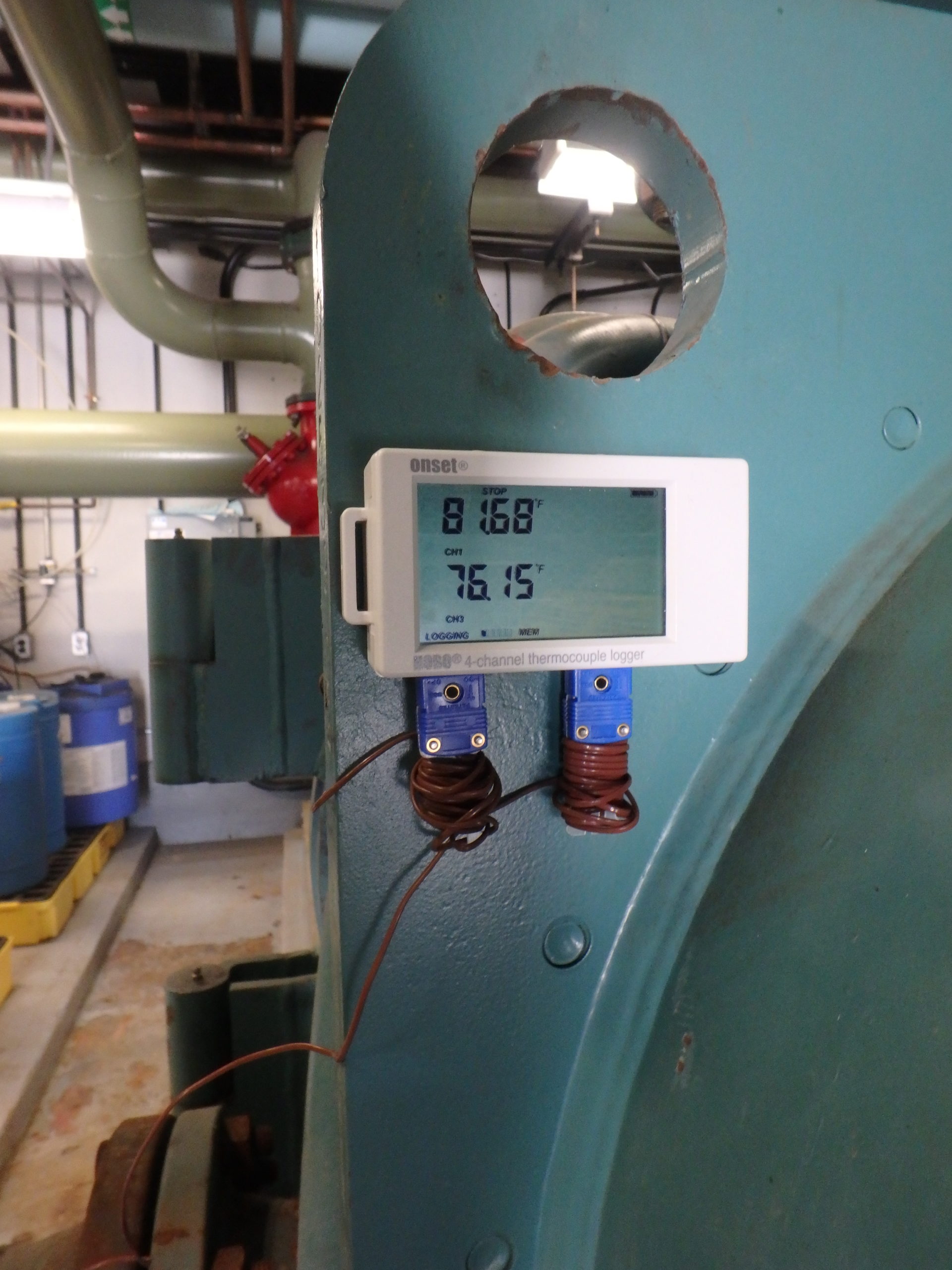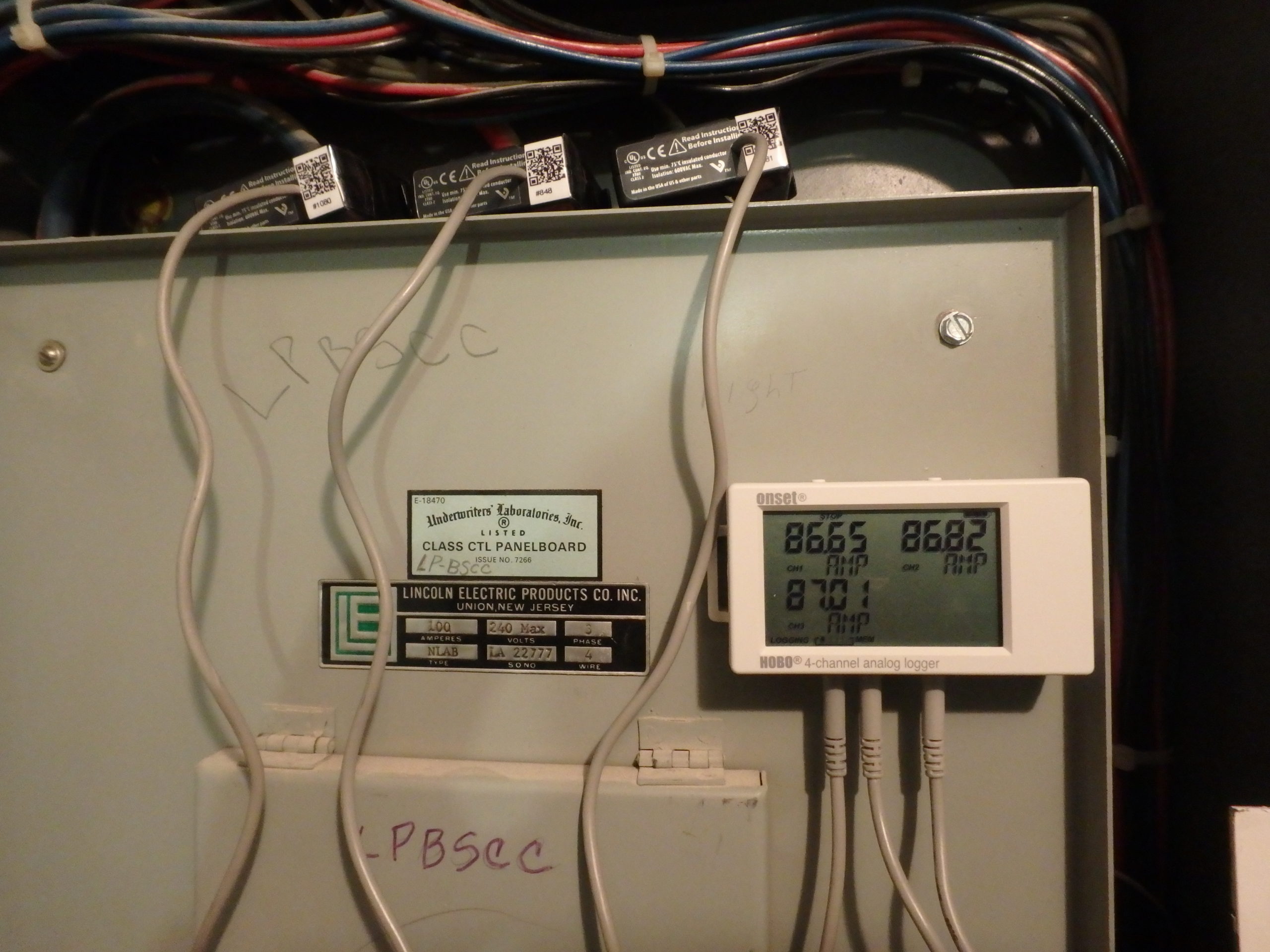Heating, ventilation, and air conditioning (HVAC) systems are crucial for maintaining a comfortable and healthy indoor environment. However, these systems can also consume a significant amount of energy, which can lead to high utility bills and contribute to significant greenhouse gas emissions. To optimize HVAC performance and reduce energy consumption, it’s essential to monitor and analyze system performance. This is where data loggers come into play. In this post, we’ll explore how data loggers can help improve HVAC performance and discuss the benefits of using them.
What are Data Loggers?
Data loggers are devices that collect and record data over time. They are designed to measure various parameters such as temperature, humidity, pressure, and energy consumption. In the context of HVAC systems, data loggers can be used to monitor the performance of heating and cooling equipment, air handling units, and other system components.




Benefits of Using Data Loggers
- Energy Efficiency: Data loggers can help identify areas of inefficiency in the HVAC system, such as excessive energy consumption during off-peak hours or when the system is not in use. By analyzing this data, building managers and facility managers can make adjustments to optimize energy usage and reduce costs.
- Improved System Performance: Data loggers can help identify issues with the HVAC system’s performance, such as temperature fluctuations, pressure drops, or air flow problems. By addressing these issues, building managers can improve the overall performance of the system, leading to a more comfortable indoor environment and reduced energy consumption.
- Predictive Maintenance: Data loggers can help predict when maintenance is needed, reducing the likelihood of unexpected breakdowns and costly repairs. By monitoring temperature, humidity, and pressure levels, data loggers can identify potential issues before they become major problems.
- Compliance: In some jurisdictions, building codes and regulations require HVAC systems to meet specific performance standards. Data loggers can help building managers demonstrate compliance with these regulations by providing data on system performance, energy consumption, and maintenance schedules.
- Tenant Satisfaction: Data loggers can help improve tenant satisfaction by ensuring that the indoor environment is comfortable and healthy. By monitoring temperature, humidity, and air quality, data loggers can help identify issues that may impact tenant comfort and alert building managers to take corrective action.
How to Use Data Loggers
- Choose the Right Data Logger: There are many types of data loggers available, each with its own set of features and capabilities. When selecting a data logger, consider the specific needs of your HVAC system, such as the parameters you want to measure, the logging interval, and the storage capacity.
You can check out our equipment library to find data loggers suitable for your application by using the various filters and search functionality. For more guidance on logger suitability depending on the application, see our measurement guides.
- Install the Data Logger: Install the data logger in a location that provides accurate representation of the system’s performance. This may include installing the data logger near the HVAC equipment, air handling units, or in the ductwork.
- Configure the Data Logger: Configure the data logger to measure the desired parameters and set the logging interval. Some data loggers can also be configured to send alerts when certain thresholds are exceeded, such as high or low temperature limits.
- Collect and Analyze Data: Collect data from the data logger and analyze it to identify trends, patterns, and issues. Use this information to make adjustments to the HVAC system, such as adjusting the temperature setpoint, changing the air filter, or scheduling maintenance.
For more detail and guidance on where and how to install, configure and read-out loggers, refer to each logger’s documentation as well as our measurement guides. If you require further assistance, let us know.
Data loggers are a valuable tool for optimizing HVAC performance and reducing energy consumption. By monitoring and analyzing data on temperature, humidity, pressure, and energy consumption, building managers can identify areas of inefficiency, predict maintenance needs, and improve tenant satisfaction. With the right data logger and proper installation, building managers can make informed decisions that lead to a more comfortable, healthy, and sustainable indoor environment.